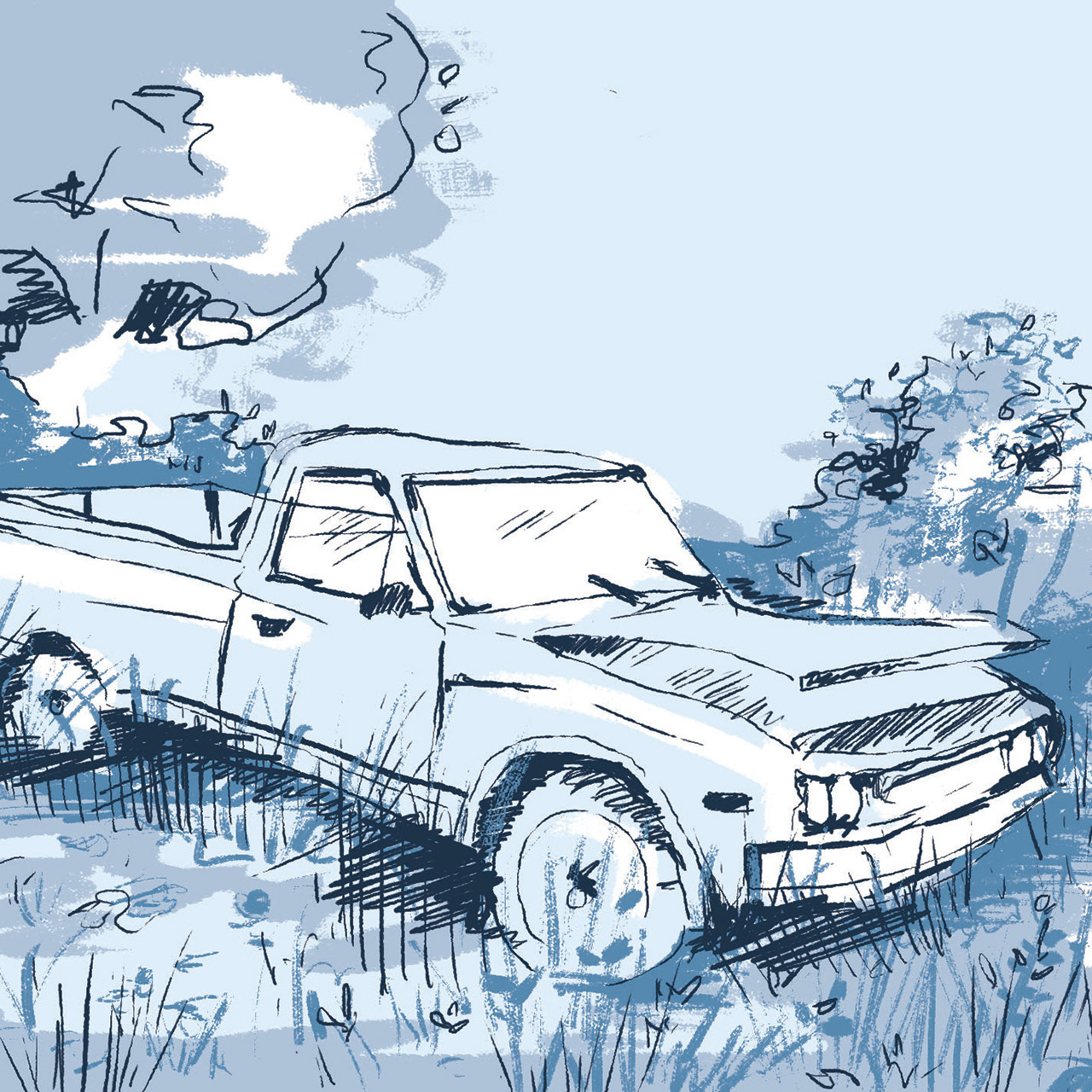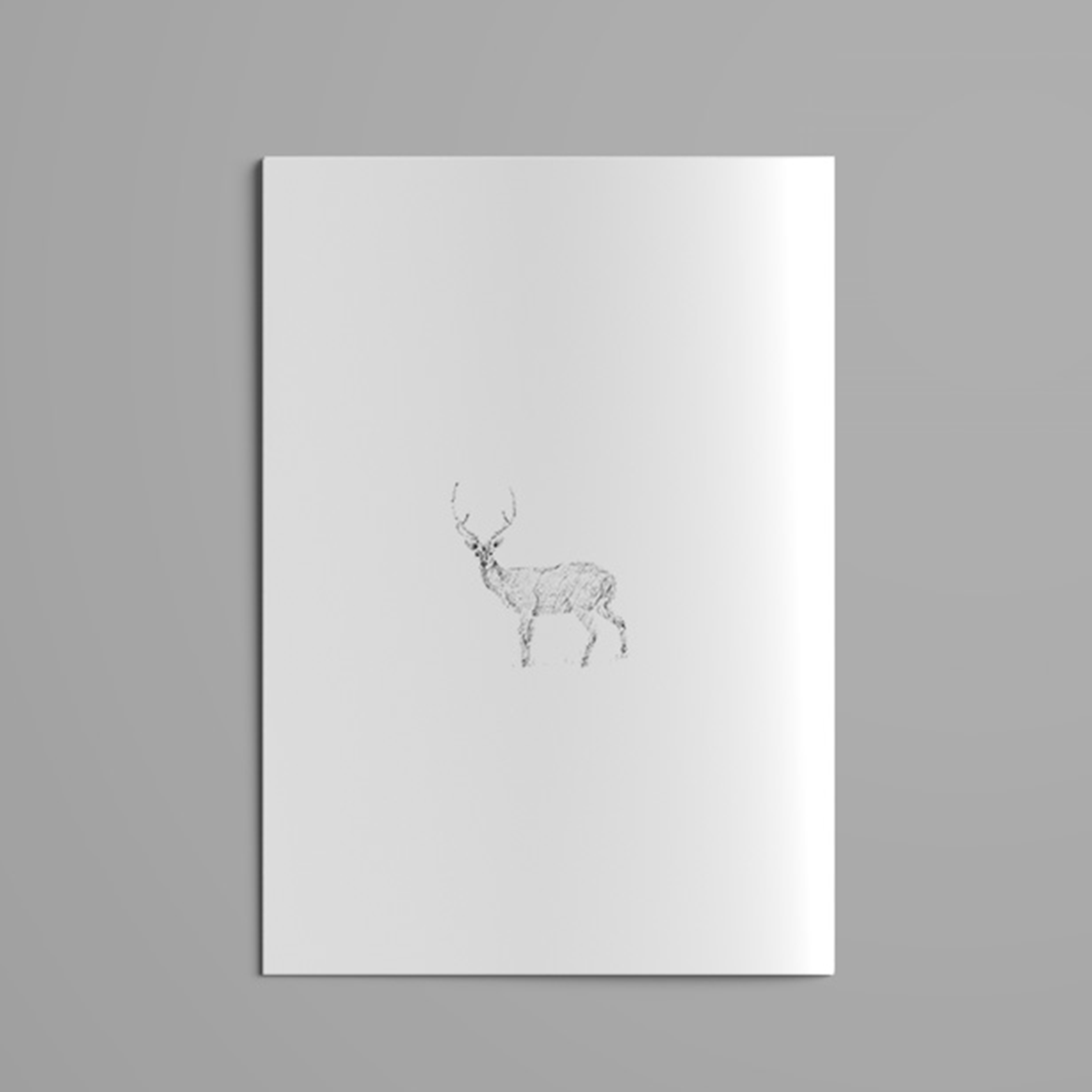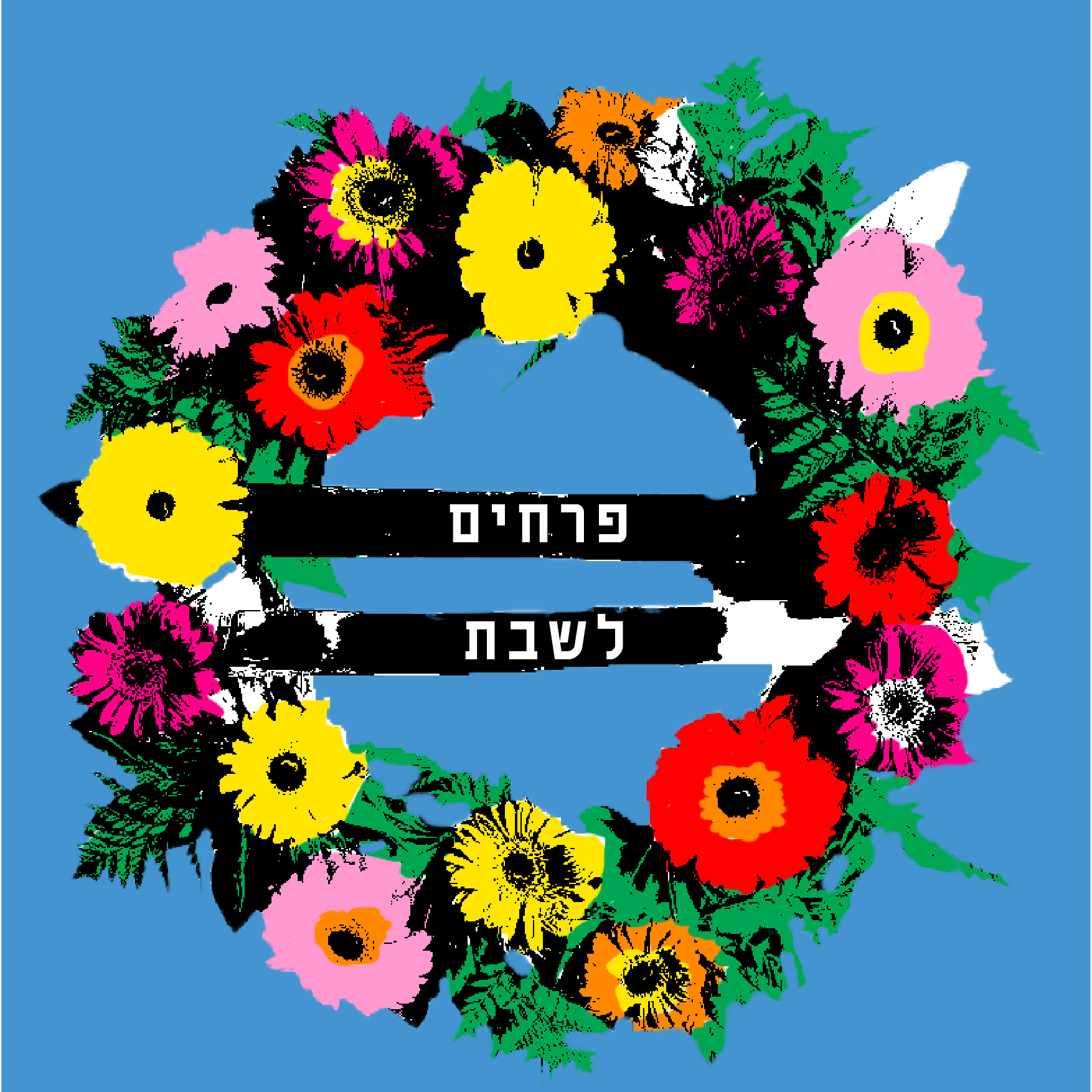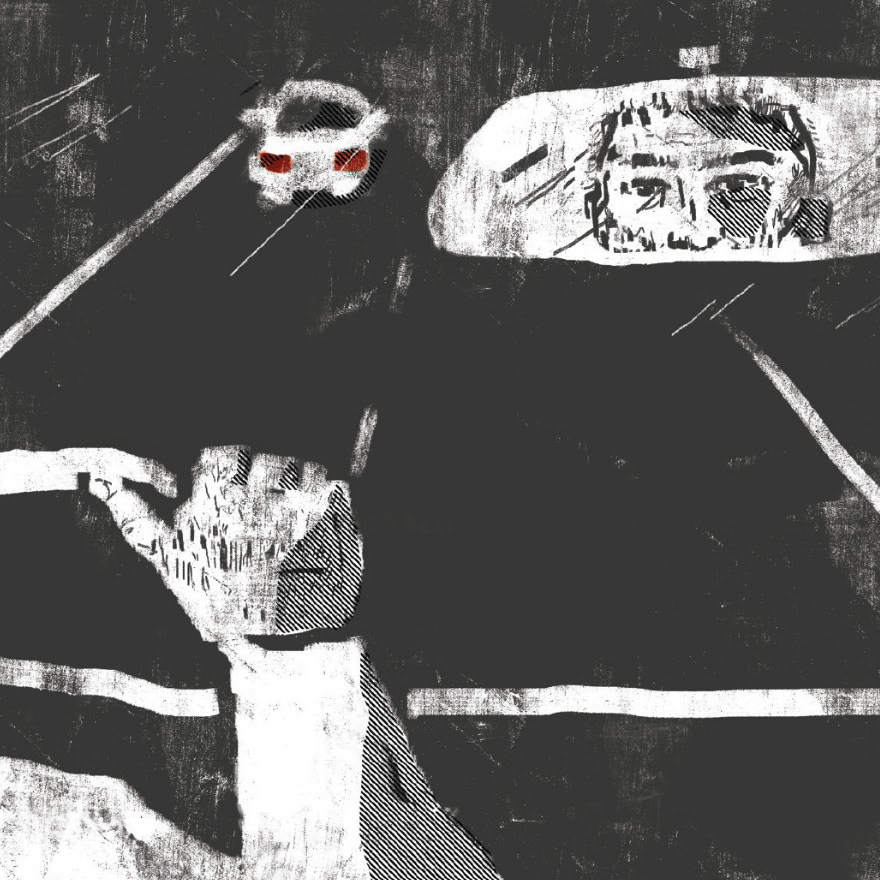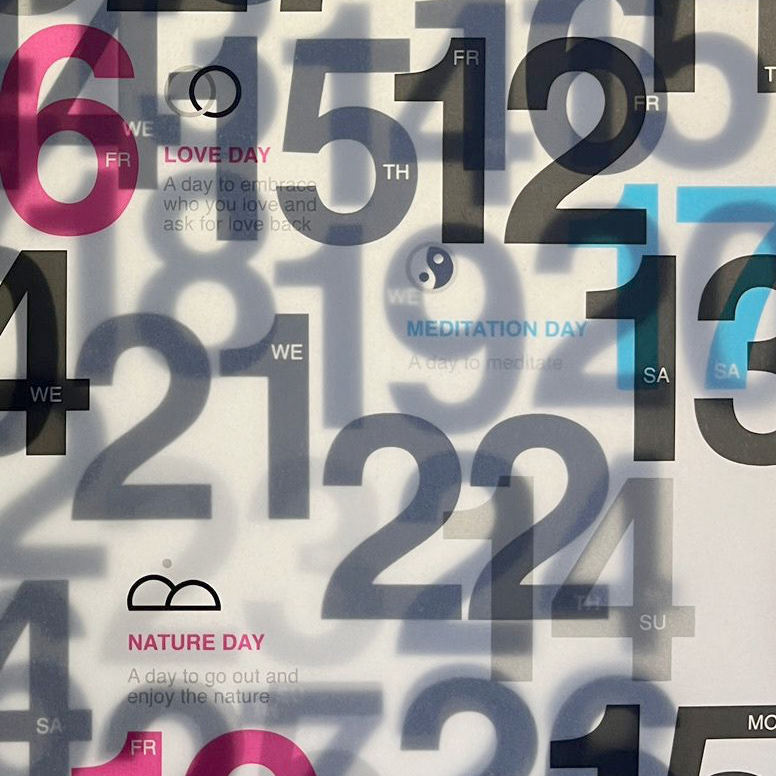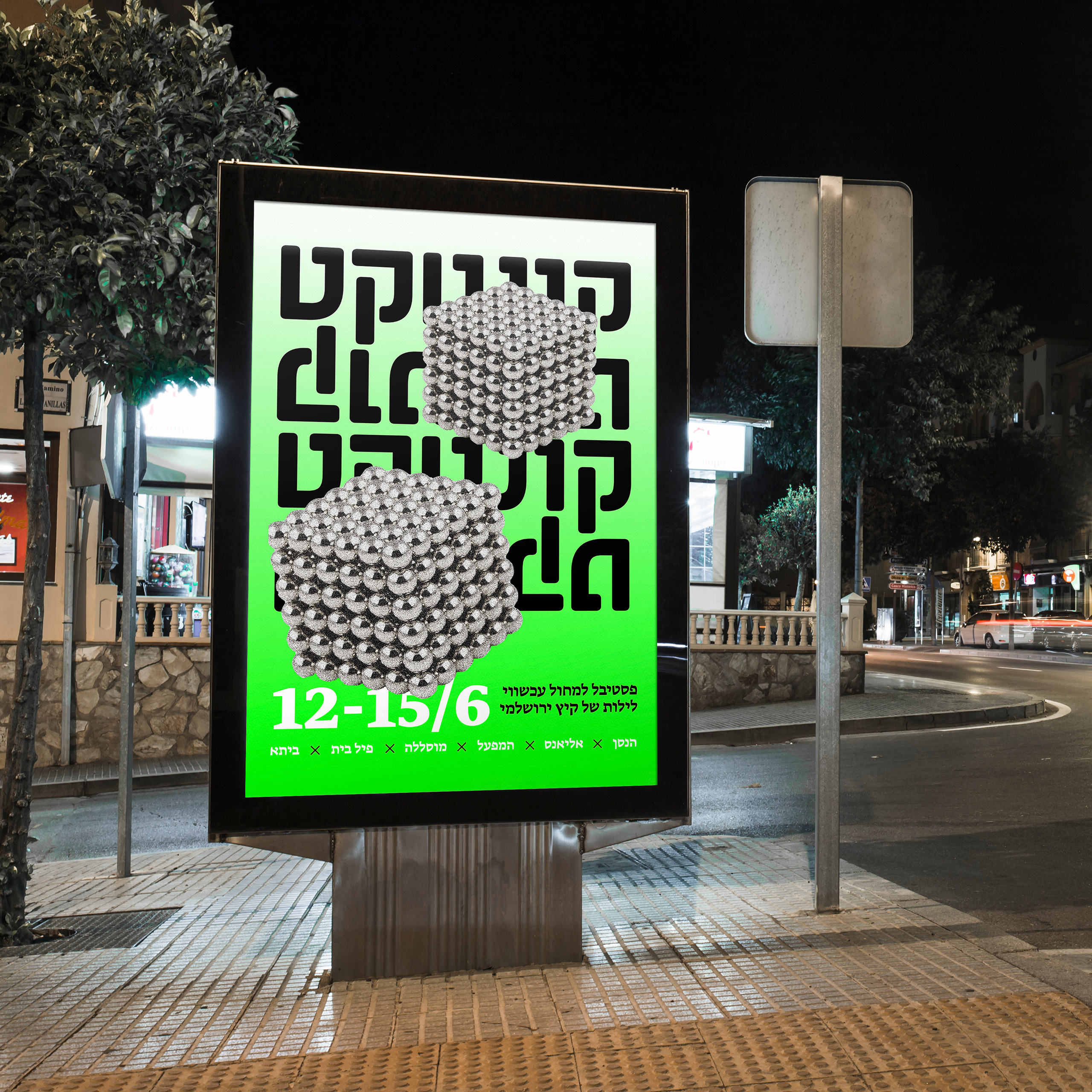In the months following the attack on October 7th, myself and thousands of others are facing a sudden shift in our routine. With many of our friends and family forcefully and unexpectedly drafted into reserves, we find ourselves learning to navigate new ways of connection and intimacy, to be sustained over vast distances, and mediated by technology. Since the start of the war, dates and meetings between friends are replaced with discussions over FaceTime where human contact takes the form of two overlapping squares on a screen. Our deepest conversations are expressed through emojis, and the natural rhythms of daily life are stunted by volatile internet connections and vague text messages.
Poor Connection is a fanzine ruminating on this new state-of-being that questions whether physical distance may enable a new kind of intimate encounter; does the digitization of the body allow for a new openness and vulnerability between people, and what happens when they meet again face-to-face? The fanzine explores anxieties of returning to relationships as they once were and the difficulties of holding space for organic interactions. By investigating theses emotions over distance and closeness, this zine shows a rift in our connections that begs to be reconciled. The work is accompanied by historical and theoretical research, including letters written between lovers in past wars and present documents of relationships regulated by media, to examine the disembodied self in the virtual space and its presentation through visual language.

